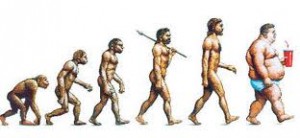 It’s the opening blog and it reflects our belief here that simplicity is a virtue! Nothing too profound or controversial, just an intro to the new website and an update on projects.
It’s the opening blog and it reflects our belief here that simplicity is a virtue! Nothing too profound or controversial, just an intro to the new website and an update on projects.
With community consultation now central to the planning process in Scotland, the website will be a contact point for meaningful dialogue on our planning applications and projects. Press adverts and consultation events will point towards the site. We’ll be encouraging Clients to embrace the new culture and seek to build community support. It’s just possible local residents might want to buy a house or start a business in our developments – they are potential customers and neighbours – not just stereotypical NIMBYs. Is it possible local people might even have useful ideas on what will work in their neighbourhood?!
At Culcairn, Evanton, we’re creating a mixed use development, with local employment to counteract the growth in commuter traffic heading to Inverness. Local community activist Janey Clarke told us her own street used to house loads of self employed people – many of whom would have provided local services and helped support other businesses in the village. We need to generate local interest and provide the kind of housing, business or live/work spaces people need. Is there a better way to determine local need than asking people face to face? Who do we expect to occupy the buildings we are spending so much time designing and laying out?
Other new projects open for feedback include our emerging proposals for an extension to Bowmore on Islay, various developments within our master plan for Tomatin in the Highlands and a forthcoming planning application for quarrying of sand and gravel at Altyre Estate, Forres. There’s information on Culcairn, Bowmore and Tomatin on our Projects page – contact us if you need more. You should also be able to find more on Culcairn and Bowmore at www.neilsutherlandarchitects.com in due course – Neil is partnering us on these projects.
Richard Heggie

